MIT SCHOOL OF HUMANITIES, ARTS, AND SOCIAL SCIENCES
Media + Awards Digest | October 2020
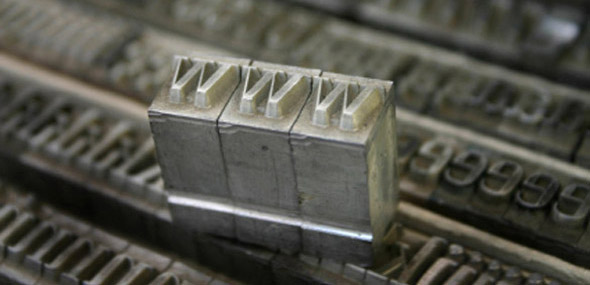
The Media + Awards Digest is a section of the Said and Done newsletter. Subscribe
HONORS AND AWARDS
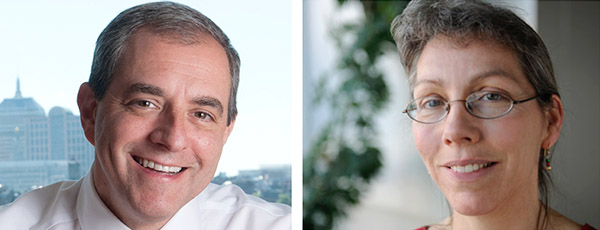
David Autor, Ford Professor of Economics; Anne Mc Cants Professor of History, Director, MIT Concourse Program
ECONOMICS
David Autor receives the 25th anniversary Special Recognition Heinz Award
The honor, granted by Teresa Heinz and the Heinz Family Foundation, is for Autor’s research on labor, trade, and economic security, "and for transforming our understanding of how globalization and technological change are impacting jobs and earning prospects for American workers." Autor is the Ford Professor of Economics at MIT, a Director of the MIT School Effectiveness and Inequality Initiative, Co-Director, MIT Task Force on Work of the Future, and Co-Director of the NBER Labor Studies Program.
Story at MIT News | Heinz Awards | David Autor Video Presentations
HISTORY
Anne McCants receives the Hughes Prize for Excellence in Teaching Economic History
The annual Jonathan Hughes Prize is awarded to recognize excellence in teaching economic history both at the undergraduate and graduate level. McCants is a Professor of History, a Margaret MacVicar Faculty Fellow, Director of the MIT Concourse Program, and President of the International Economic History Association.
Announcement | Anne McCants | Clues from climate change in history
OPEN DOCUMENTARY LAB | COMPARATIVE MEDIA STUDIES
Carla LynDale Bishop receives MIT and BLK Public Media Fellowship
The fellowship will support Bishop's work on her immersive project, "Mapping Blackness: A Digital Archive of Black Communities." Bishop is an assistant professor in digital storytelling at the University of Oklahoma-Norman. The fellowship was created by a partnership between MIT Open Documentary Laboratory, Black Public Media, and MIT Center for Art, Science & Technology.
Meet Carla LynDale Bishop | Mapping Blackness project
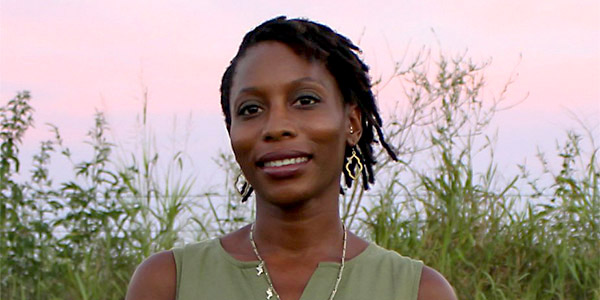
Carla LynDale Bishop, Assistant Professor in Digital Storytelling, University of Oklahoma-Norman
ECONOMICS
Isaiah Andrews PhD ’14, awarded a 2020 MacArthur "genius" grant
Andrews is an econometrician developing robust methods of statistical inference to address key challenges in economics and social science. Two other MIT alumni also received 2020 MacArthur grants: physicist Monika H. Schleier-Smith PhD ’11, and biological chemist Mohammad R. Seyedsayamdost PhD ’08. Each will receive a $625,000, no-strings-attached award.
Story | Video of Andrews | Profile on the MacArthur website
MIT HASTS | HISTORY • ANTHROPOLOGY • SCIENCE, TECHNOLOGY, AND SOCIETY
Tim Loh wins the 2020 Middle East Studies Association Student Prize
HASTS PhD student Loh is honored for his paper, “Language in Medical Worlds: The Politics of Hearing Technology, Speaking, and Arabic for Deaf Children in Jordan.”
Announcement from The Middle Eastern Studies Association
PHILOSOPHY
Milo Phillips-Brown receives MAC3 Society & Ethics in Computing Research Award
The award supports promising PhD candidates or postdocs conducting interdisciplinary research on the societal and ethical dimensions of computing. Phillips-Brown is recognized for his work teaching responsible engineering practices to computer scientists.
Story | Social and Ethical Responsibilities of Computing
MIT CLASS OF 2020
115 graduating MIT seniors inducted into the Phi Beta Kappa Society
A remarkable and unusually large cohort of graduating seniors in the Class of 2020 were honored for excellence in the liberal arts.
Story by MIT SHASS Communications
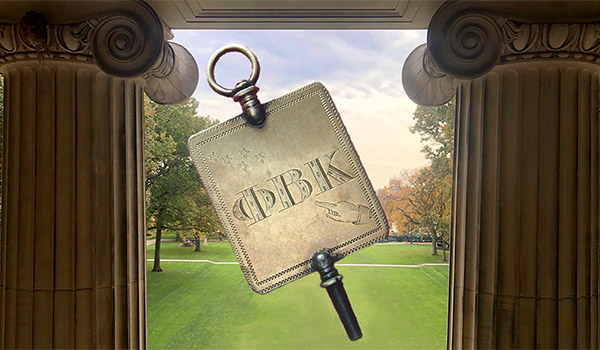
Only 10 percent of higher education institutions have Phi Beta Kappa chapters, and fewer than 10 percent of students at those institutions are selected for membership. Phi Beta Kappa (ΦΒΚ) stands for Φιλοσοφία Βίου Κυβερνήτης (Philosophia Biou Kybernētēs), which means "Love of wisdom is the guide of life" or "Philosophy is the governor of one's life."
MEDIA DIGEST
2020 ELECTION
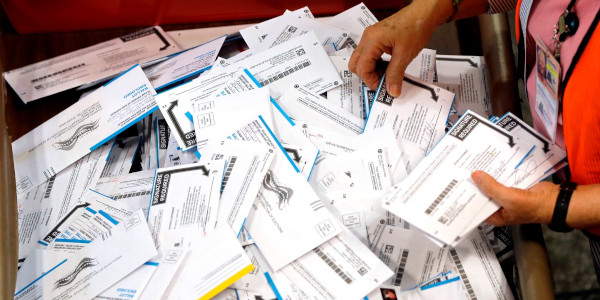
Mail-in ballots, Portland, Oregon, 2016; photo by Don Ryan/AP
CNN
How we can avoid an election disaster | MIT Election Data and Science Lab
According to data analyzed by the MIT Election Data and Science Lab, past mail-in ballot trends suggest that mail-in ballots would have been about 30% of total ballots cast in 2020 if the pandemic wasn't a factor. That's already ample reason to wait — patiently — for all votes to be counted in swing states.
Story at CNN
THE WALL STREET JOURNAL
Actually, we will know a lot on election night | Charles Stewart III
Stewart writes, "If early election-night reports show that Mr. Biden has performed 4 percentage points better than Mrs. Clinton in states that can report their ballots quickly—such as Florida, which she lost by 1.2 points—Mr. Trump will almost certainly lose."
Commentary at the Wall Street Journal
NATIONAL PUBLIC RADIO
Early voting gets underway for the 2020 Election | Charles Stewart III
Issues have shown up during early voting. NPR's Steve Inskeep asks Charles Stewart, professor of political science at MIT, for insight. "I see challenges that people are facing," Stewart says, "and I see disagreements about what constitutes convenience. But I think that that's different from saying that there's widespread voter suppression."
Conversation at NPR
THE NEW YORK TIMES
More Democrats request mail ballots in key states | Healthy Elections Project
The Stanford-MIT Healthy Elections Project is tracking more than 320 lawsuits in 44 states over the 2020 elections. While the details of the suits vary — be it a dispute over counting ballots that lack postage stamps in Nevada or a fight over the universal mailing of ballots to seniors in Texas — most center on Democrats wanting to count more ballots, and Republicans trying to block ballots from being counted.
Story at The New York Times
VOX
Oregon already votes by mail. Here's what it can teach us. | Charles Stewart III
Stewart, an elections expert at MIT, says he has “not drunk the Oregon Kool-Aid” on mail-in voting but does think the state offers a case study for where and when vote-by-mail can work. It has tended to catch on in Western states, where some people live great distances from county or city centers, so vote-by-mail makes even more sense.
Story at Vox
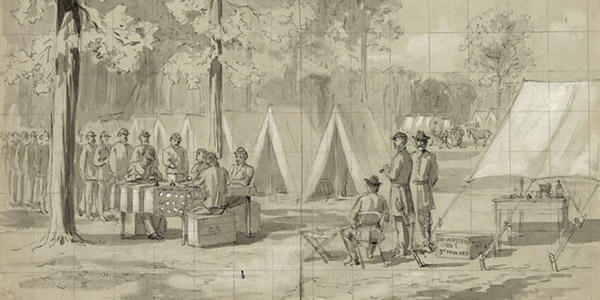
Pennsylvania soldiers voting published in the Oct. 29, 1864, issue of Harpers's Weekly. Library of Congress
TIME
Voting by mail dates back to America's earliest years | Charles Stewart III
Despite claims of vote fraud when voting is conducted outside of polling places, only 0.00006% of the 250 million votes by mailed ballots nationwide were fraudulent, according to MIT political scientists who analyzed numbers from the Heritage Foundation's Election Fraud Database.
Story at TIME
US NEWS AND WORLD REPORT
Why older citizens are more likely to vote | Andrea Louise Campbell
“It is easier for older people to see the relevance of government in their lives. Two of the biggest federal spending items, Social Security and Medicare, are conferred largely on the basis of age,” says Andrea Louise Campbell, a political science professor MIT.
Story at US News and World Report
CNN
Can U.S. citizens vote in jail? It depends. | Ariel White
“We don't really know what the full picture is of jail-based disenfranchisement, partly because of this very decentralization,” says Ariel White, an associate professor of political science at MIT.
Story at CNN
SALON
Swing state hurdle: returning your absentee ballot | Healthy Elections Lab
"Some voters in Milwaukee, Wisconsin, for example, reported confusion over where they could drop off their ballot in-person," an analysis of August's primaries in 16 states by the Stanford-MIT Healthy Elections Project said.
Story at Salon
CRITICAL RESPONSE
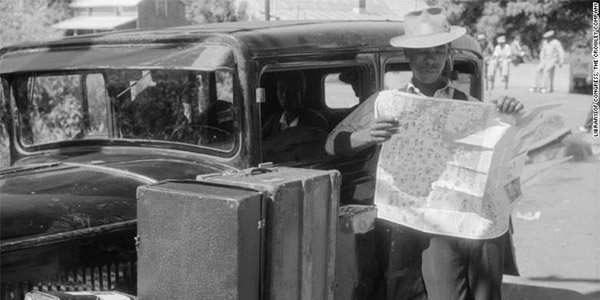
Photograph: Library of Congress
CNN
A long trail of racism in Driving While Black | Craig Steven Wilder
The emergence of the automobile, the superhighway and the road trip were remarkable developments in the US. But the film's historians, like MIT history professor Craig Steven Wilder, want everyone to remember that progress wasn't always kind to everyone. "Americans in particular love to celebrate their history, but they don't like to look at it very closely," Wilder says.
Story at CNN
QUARTZ
The debt US companies owe Black Americans
The Jesuits were able to fund their large network of educational institutions, including Georgetown University, by selling their slaves. As MIT history professor Craig Steven Wilder showed in his book Ebony and Ivy, academia contributed to keeping slavery alive, including by providing theoretical frameworks to rationalize its existence.
Story at Quartz / references to Craig Steven Wilder's research
THE YALE REVIEW
Lovecraft and Me | Kieran Setiya
"When I was sixteen, I began to write a book about H. P. Lovecraft. If I had written it then, it would have been a study of our cosmic insignificance. If I wrote it now, it would be about a man who inspired an ocean of alien boys. About the power of art to reach beyond the failings of the artist—and the echoes that resound from life to life."
Essay at the Yale Review
LA LITERARY REVIEW
Meetings with disaster: A review of If You Should Fail | Kieran Setiya
Setiya writes on Joe Moran's new book: "I don’t know if misery loves company but I’m convinced that failure does. Losers like us are prone to revel in the losses of our enemies and to draw comfort from the failures of family and friends."
Review at LA Literary Review
THE BOSTON GLOBE
We made a realistic deepfake, and here's why we're worried | D. Fox Harrell
Members of the Center for Advanced Virtuality write, "In the wake of Black Lives Matter protests, Missouri Republican congressional candidate Winnie Heartstrong tweeted that George Floyd's death was a hoax, the images “created using deepfake technology — digital composites of two or more real persons.” Imagine a zero-trust society, where anything can be dismissed as a forgery and everything can be plausibly denied?"
Commentary at The Boston Globe
ECONOMICS

BLOOMBERG
To protect good jobs, end tax breaks for job-killing technology | Daron Acemoglu et al.
“Favorable taxation of capital leads to excessive automation,” said MIT economist Daron Acemoglu, lead author of a new paper co-authored with MIT graduate student Andrea Manera and Boston University professor of economics Pascual Restrepo. Acemoglu testified about excessive automation before the House Budget Committee on Sept. 10 and expanded on the tax aspects in the new paper.
Story at Bloomberg
Related
3 Questions: Daron Acemoglu on the US tax system and automation
MIT Task Force on the Work of the Future looks at how the tax system has led to excessive reliance on machines. Story at MIT News
SECURITY STUDIES

This image made from a parade video broadcast by North Korea’s KRT shows what appears to be a new intercontinental ballistic missile; photo via the Associated Press
THE WASHINGTON POST
Threat from nuclear weapons has grown in the Trump years | Vipin Narang
"Trends were already moving in a worrisome direction before Trump took office, and any administration would struggle to strike substantive new arms control deals in the current environment, said Narang. But Trump has exacerbated the challenges, he argued."
Story at The Washington Post
THE NEW YORK TIMES
Questions about unchecked nuclear authority revive | Vipin Narang
“The history of obfuscating the medical condition of presidents is as old as the Republic,” said Vipin Narang, a professor at MIT who has studied the nuclear command-and-control chain. “The issue here is that the dex—shorthand for dexamethasone—can make you paranoid and delusional.”
Story at The New York Times
PANDEMIC-RELATED MEDIA PUBLICATIONS
At-A-Glance List of Pandemic-related Media Publications from MIT SHASS
An ongoing list of commentaries from our School community to inform policy and to increase public understanding of the pandemic.
Collected Publications
ECONOMICS 
Photo via The Economist
THE ECONOMIST
The pandemic is plunging millions back into extreme poverty | Abhijit Banerjee
Because the urban poor have been harder hit than those in rural areas, governments need to spend any money they do have more cleverly. The Indian government should expand its rural employment guarantee scheme to urban areas.
Story at The Economist
THE ECONOMIST
Survival of the fittest | Nancy Rose
It has been a good year for technology giants, whose shares fueled a bull run in America's stockmarkets. In a recent essay, Nancy Rose of MIT argues that Covid-19 is shifting the business landscape in a way that portends further market concentration.
Story at The Economist
BOSTON PUBLIC RADIO
Future coronavirus relief and America's $7.5 trillion blindspot | Jonathan Gruber
Speaking Wednesday on Boston Public Radio, MIT economist Jonathan Gruber offered some clarity into Washington tumult around future Covid-19 relief, and explained how the IRS could play a pivotal role in keeping the U.S. economy afloat through the current recession.
Comments at Boston Public Radio
THE ECONOMIST
Labour markets: Zoom and gloom | David Autor and Elisabeth Reynolds
Those who feed, transport, clothe and entertain people who are out-and-about account for about a quarter of American employment, note David Autor and Elisabeth Reynolds of MIT. The large number of low-paid service jobs is often lamented, but “having too few low-wage, economically insecure jobs is actually worse than having too many.”
Story at The Economist
The Media + Awards Digest is a section
of Said and Done, the School's online digest.
EXPLORE
Follow us




Subscribe to Said and Done
10 issues a year
Making a Better World
Basic Research | Citizenship | Computing and AI | Education
Health of the Planet | Human Health | The Human Factor
Arts Innovation | Social Innovation
Perspectives for the Pandemic
Explore the Series
Making a Just Society
Explore the Resources
Solving Climate
Browse the Series
Ethics, Computing, and AI
Browse the Series
Computing and AI: Humanistic Perspectives from MIT
Browse the Series
MIT Climate website
A major source of research, innovation, and discussion
Join us!
SHASS on MIT News
Research and Features
MIT Campaign for a Better World
Story | Join Us

Published by SHASS Communications
Office of the Dean, MIT School of Humanities, Arts, and Social Sciences
Editor and Designer: Emily Hiestand
Publication Associate: Alison Lanier
Media Relations Manager: Stephen Oakes
Published 15 October 2020